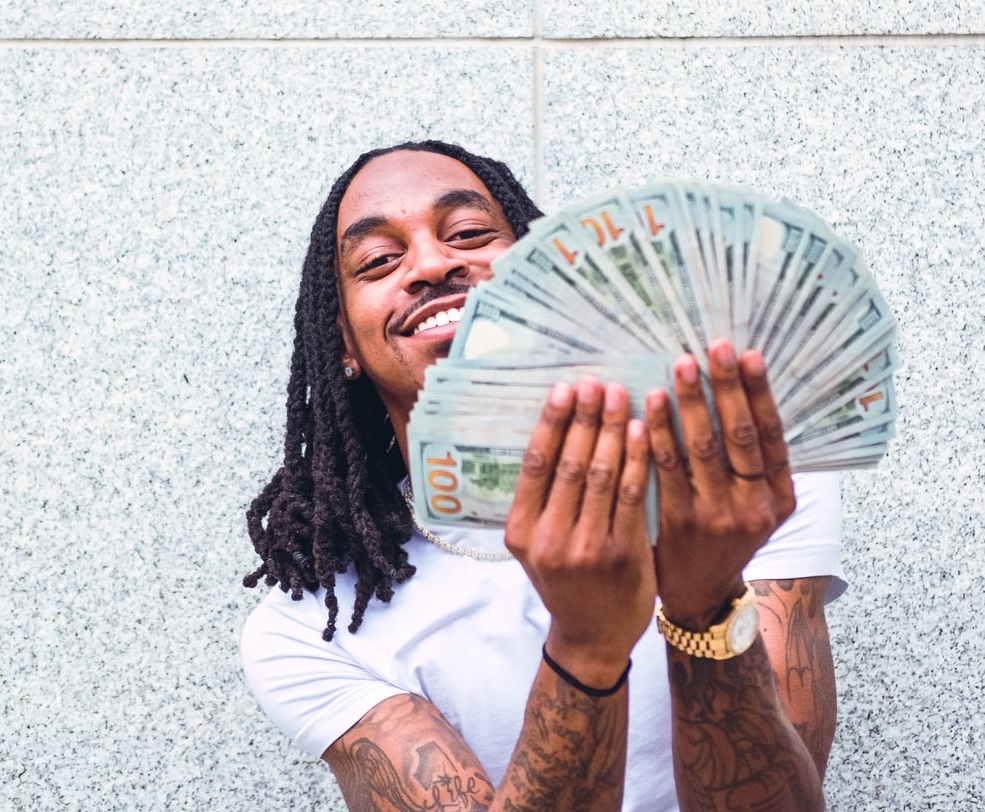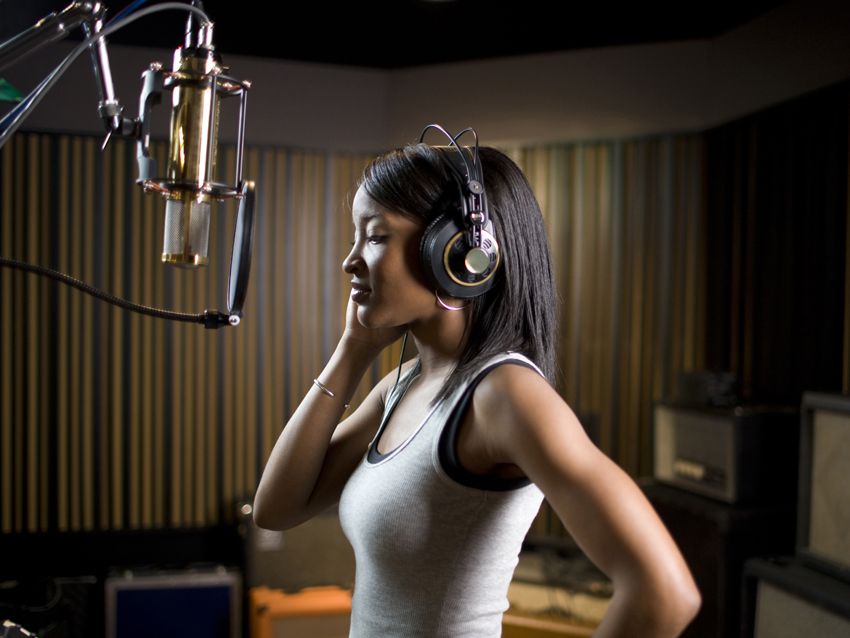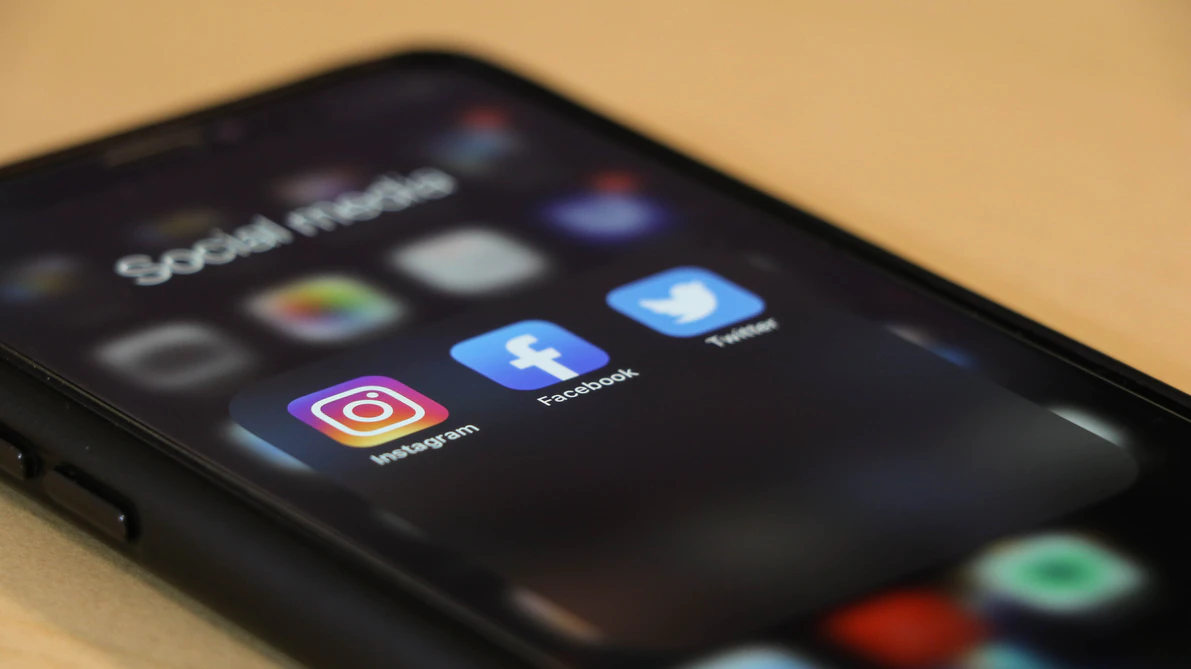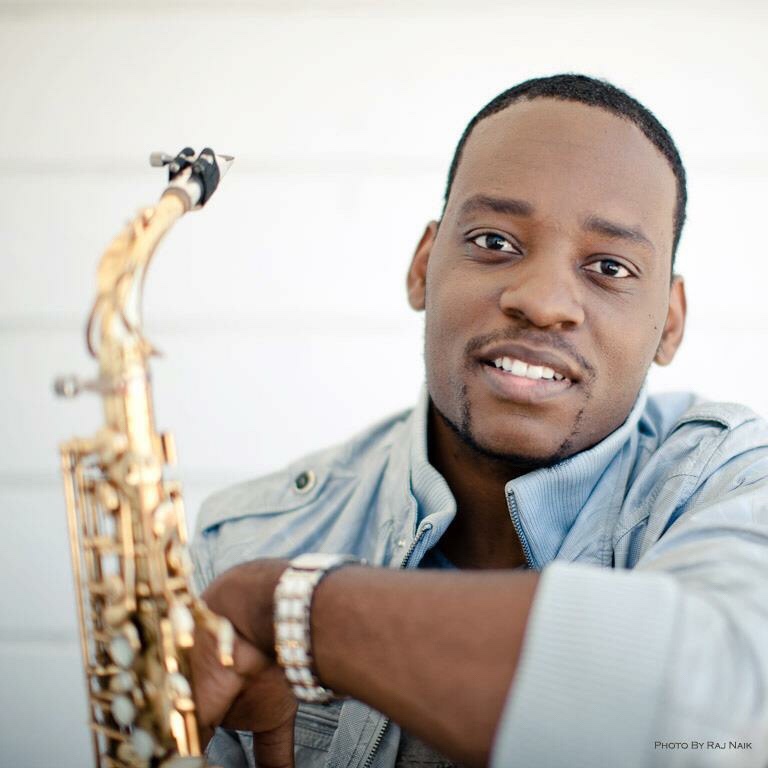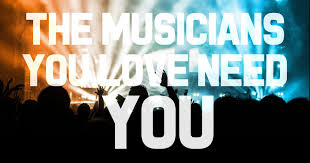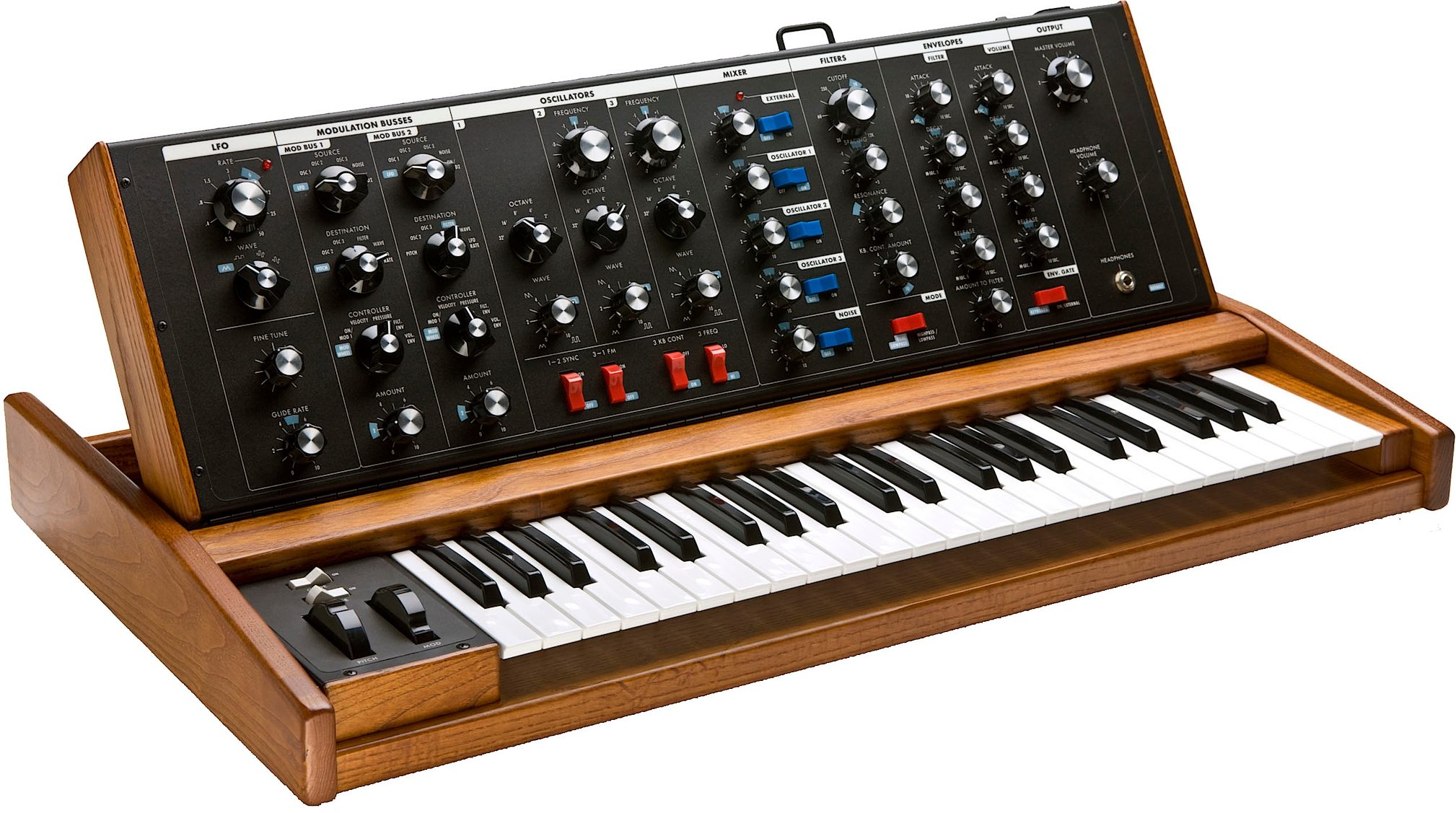In the modern age where more people than ever are trying to make it in the music industry, the question “How much songwriters make?” is more warranted than ever. For most people, it is the reason they decide to make a career in songwriting. Now, the answer is a little complicated, so strap in.
How Much Does Songwriters Make?
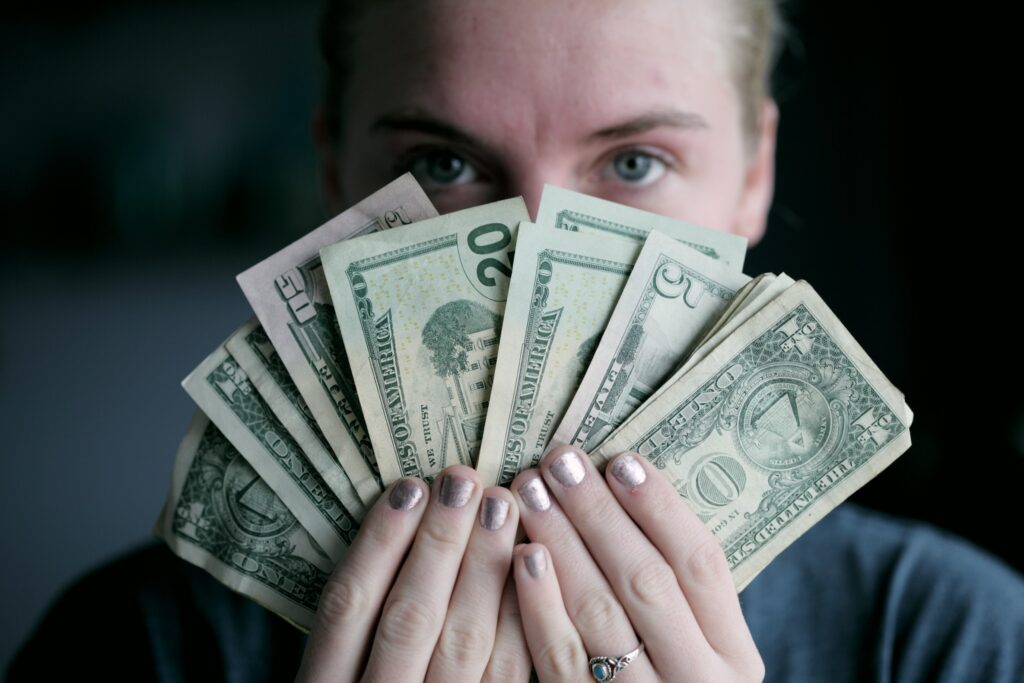
The-Dream, an R&B artist and behind-the-scenes power player, recently announced a $15 million payout for writing Rihanna’s 2007 hit “Umbrella.” When a song or album is sold, the songwriters are paid an average of 9.1 cents in mechanical royalties. Curtis Stigers recorded “(What’s So Funny ‘Bout) Peace, Love, and Understanding” for Whitney Houston’s 1992 The Bodyguard soundtrack, which is widely regarded as one of the most famous examples of “mailbox money.” It went on to sell 17 million copies in the United States, earning the songwriter, former British pub-rocker Nick Lowe, $1.547 million in royalties.) “Umbrella” has sold 4 million tracks and was included on 2.72 million sales of the Good Girl Gone Bad album, meaning all four songwriters (including rapper Jay-Z) shared $611,520, not counting worldwide sales. “Umbrella” has sold 4 million tracks and was included on 2.72 million copies of the Good Girl Gone Bad album, resulting in a $611,520 split among the four songwriters (including rapper Jay-Z).
How much does songwriters make per song?
Of course, a songwriter can earn money in a variety of ways. If the song is used in a film, television show, video game, or commercial, the publisher or record label negotiates a deal in which the writer receives a certain (usually large) amount in licensing royalties. A massive hit like “Rolling in the Deep” or “Poker Face” can earn up to $500,000 per year in radio royalties alone. Furthermore, when songs are performed in concert – by anyone – as well as at award shows or sporting events, royalties are generated. They also earn (small but growing) royalties from online streaming services such as Spotify, YouTube, Rhapsody, and others.I can tell you since I’ve worked with hundreds of hitmakers in my career, and also hundreds of songwriters on the verge of having their first hits, all these people can make a pretty great living.
Related: Commercial Songwriting – 7 tips to get it right
Now, it used to be entirely different. And I say this being a past songwriter myself. I’d say there are at least 3 different worlds to look at depending upon the world you’re living in.
First, there’s what I’d call the current environment, in which streaming generates more revenue than physical sales.
Second, there is the world of synchronization, where many professionals earn the majority of their royalties by having their tunes used in films, television shows, advertisements, brands, video games, and so on.
Third, there was the world before Napster, which was the real apex in the late 1990s and early 2000s, when you could make a lot of money as a songwriter, especially with mechanical royalties (which in those days were generated from the sale of CDs, cassettes and vinyl)
Related: Sign up for BMI to track your music royalties
How much does songwriters get paid?
Remember, as a songwriter, if the label doesn’t have an agreement with you and you haven’t agreed to the artist-controlled composition clause – they have to pay you FULL rate.
That being said, there are a few instances where a 34 percent rate (or less, depending on the artist’s controlled composition terms) is unavoidable, and to be honest, it’s very prevalent in the music industry.
Remember that signing off on and agreeing to the artist’s controlled composition clause (which is usually asked) means you agree to be bound by the artist’s fee, which may be prorated depending on the number of songs on the album. It isn’t, however, the end of the world.
The 2 most common circumstances where the controlled composition comes up:
- Producer Advances:
You’re the song’s producer, and you’re getting a producer advance. The label says that because you’re getting a producer advance (which can range from $5,000 to $50,000 depending on your cache, standing, and going rate), we’ll only pay you 75% of your songwriting royalties (34 rds). On the other hand, composers and publishers are frequently paid full rate by these services, and the 34 percent rate decrease is only applicable to physical purchases and downloads, so it’s not as big a concern as it was in 1999. Still, you’re asking me to work for a quarter of the price. That’s not cool.
- Noobie Tax and The Squeeze!
The other theory – which is a little more doubtful – is that it occurs frequently among unskilled authors. “We recorded 15 songs for the album, and our controlled composition clause is full rate x 12 songs,” the A&R person or the artist’s manager will say. “If you don’t agree to be a controlled writer, we can’t guarantee your song will make the album at all,” the A&R person or the artist’s manager will say. These are standard tactics, and to be honest, they’re terrible. Especially when the income of songwriters and publishers is threatened by streaming.
To summarise, today’s answer to the question “How much do composers make?” is essentially the sum of all possibilities and royalties. Hundreds of millions, if not billions, of separate micro streams and individual royalty lines (or crumbs), are now coming together to build an entire loaf of bread (or pie, choose your level of carbs). Of course, there’s streaming – but there’s also synch revenue, mechanical royalties (remember, these are royalties on physical products, but you still get a mechanical streaming royalty), performance royalties, print, karaoke royalties, and even new social platforms that are using your music in a big way (looking at you TikTok and Twitch). So now that you know how much songwriters ACTUALLY make, go out there and make some music. Don’t let money be the ultimate benefactor either, remember, good music is always genuine. And you can’t be genuine if it doesn’t come from the heart.
Lastly, I want to thank you for reading this guide, and remember, If you ever feel stuck in your journey I’m always here for you.
